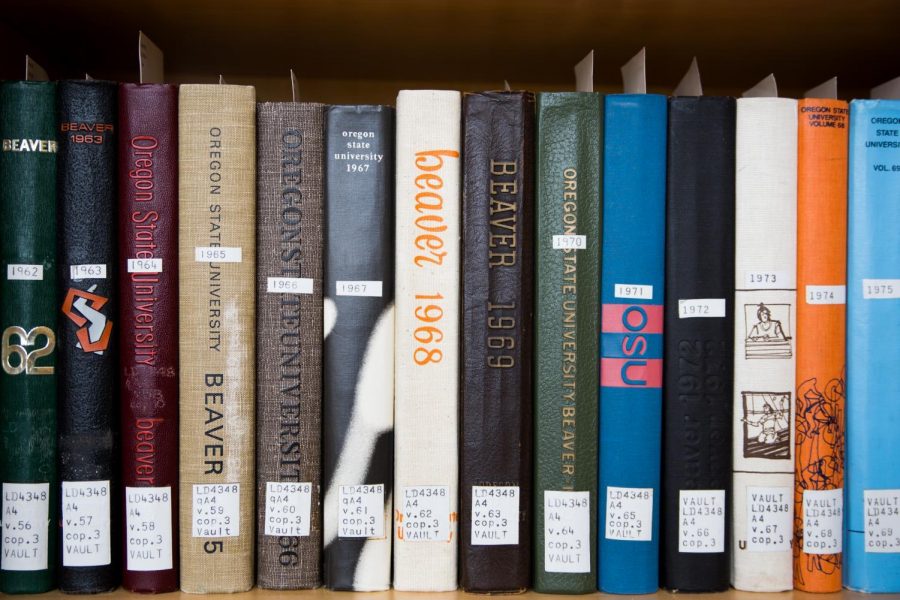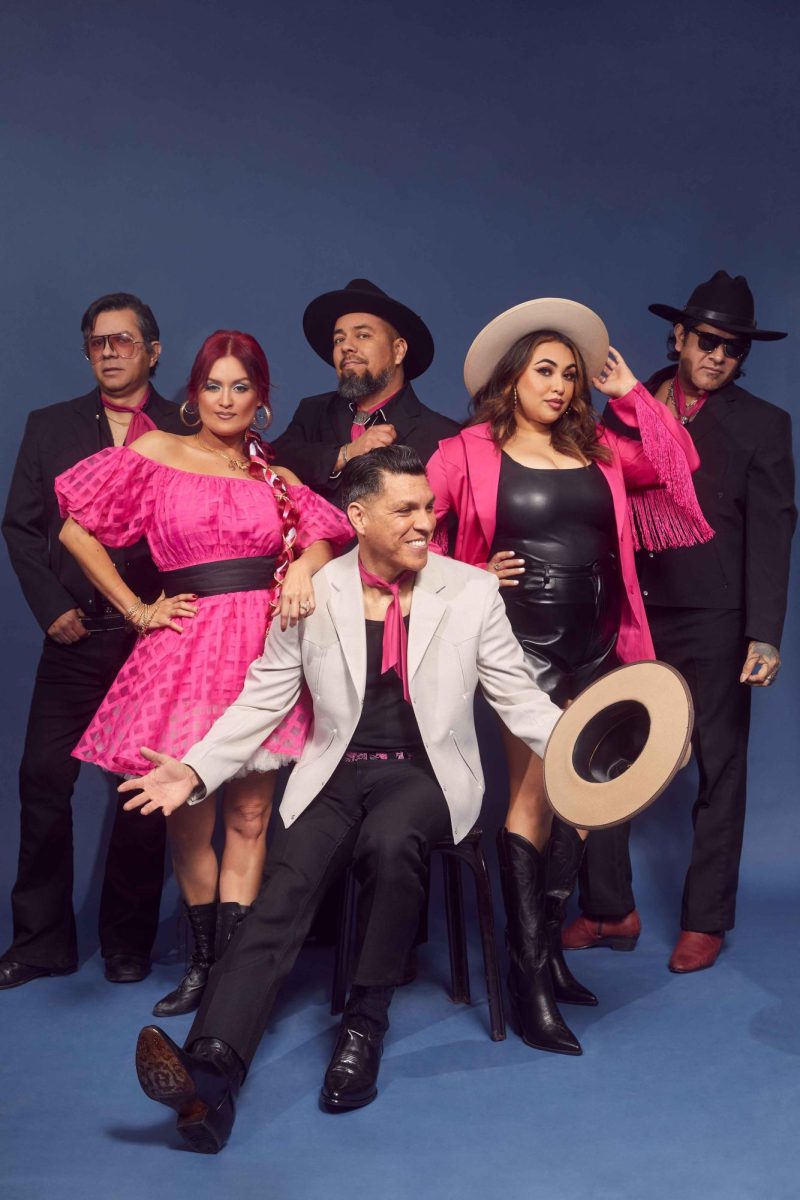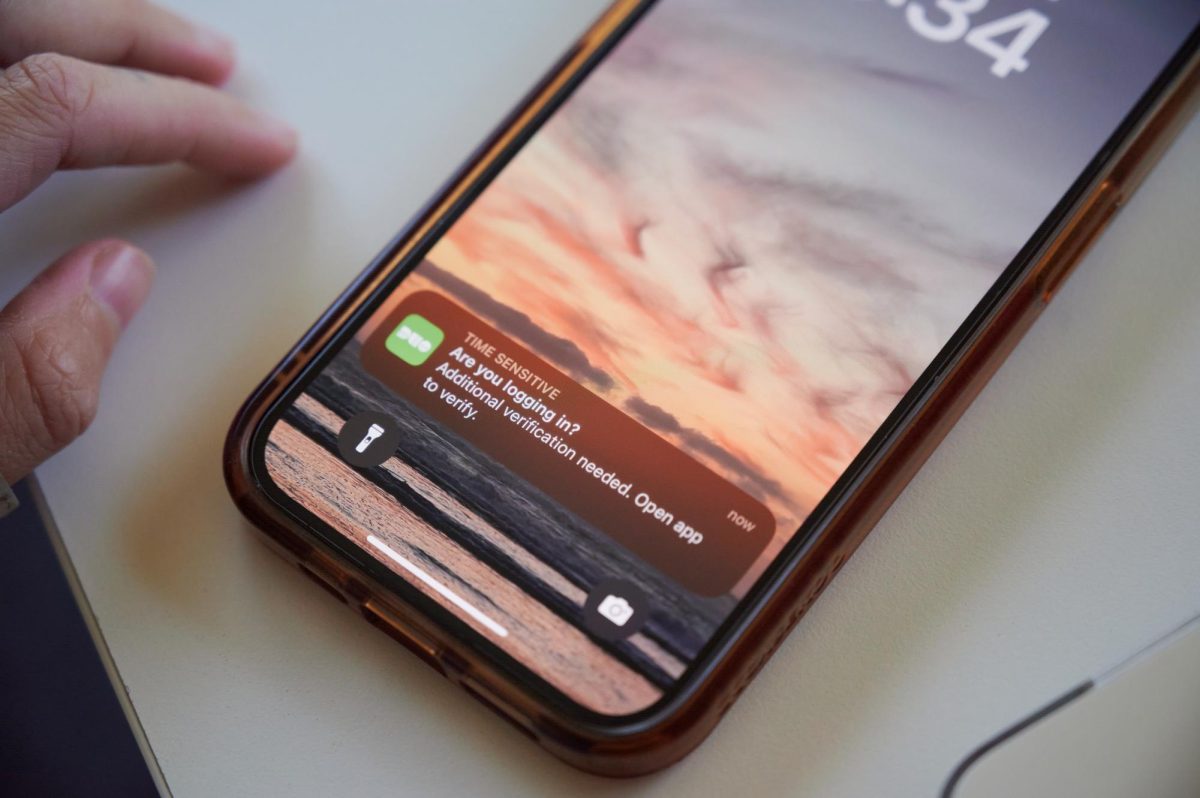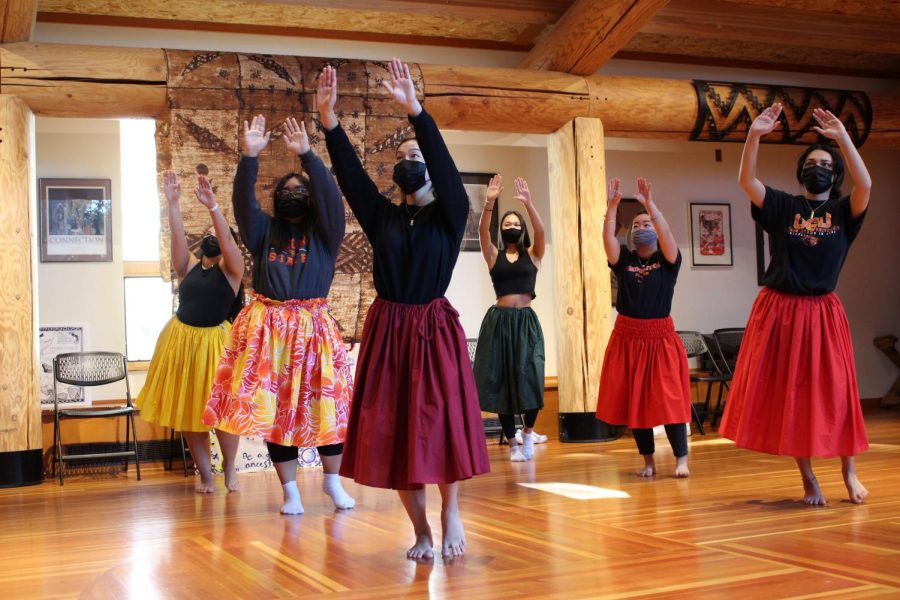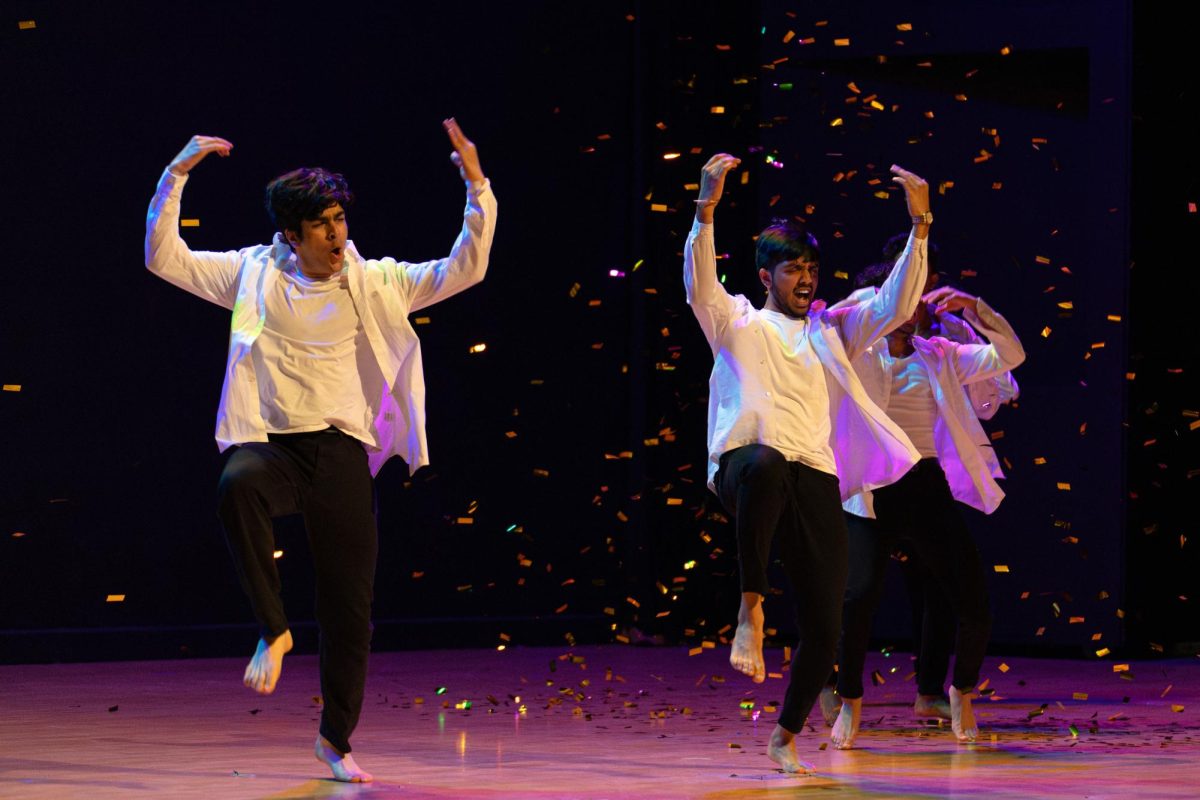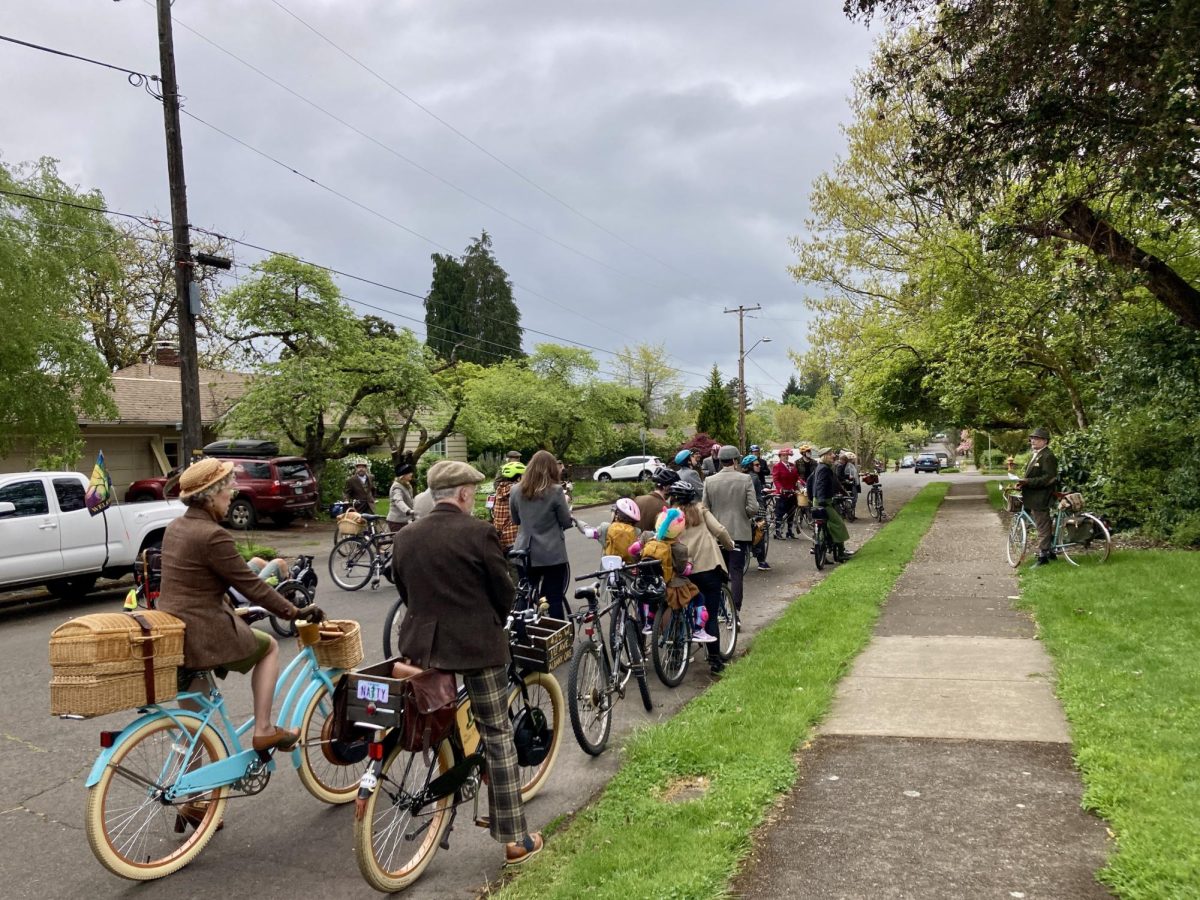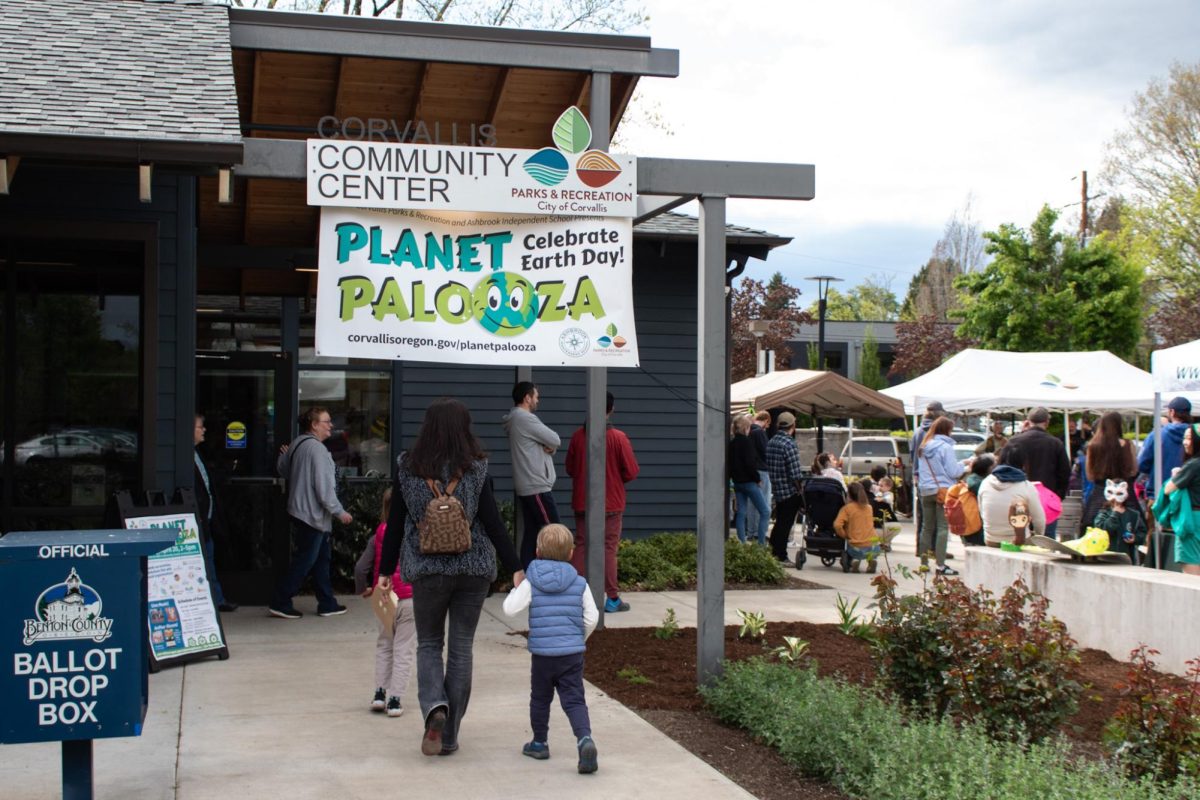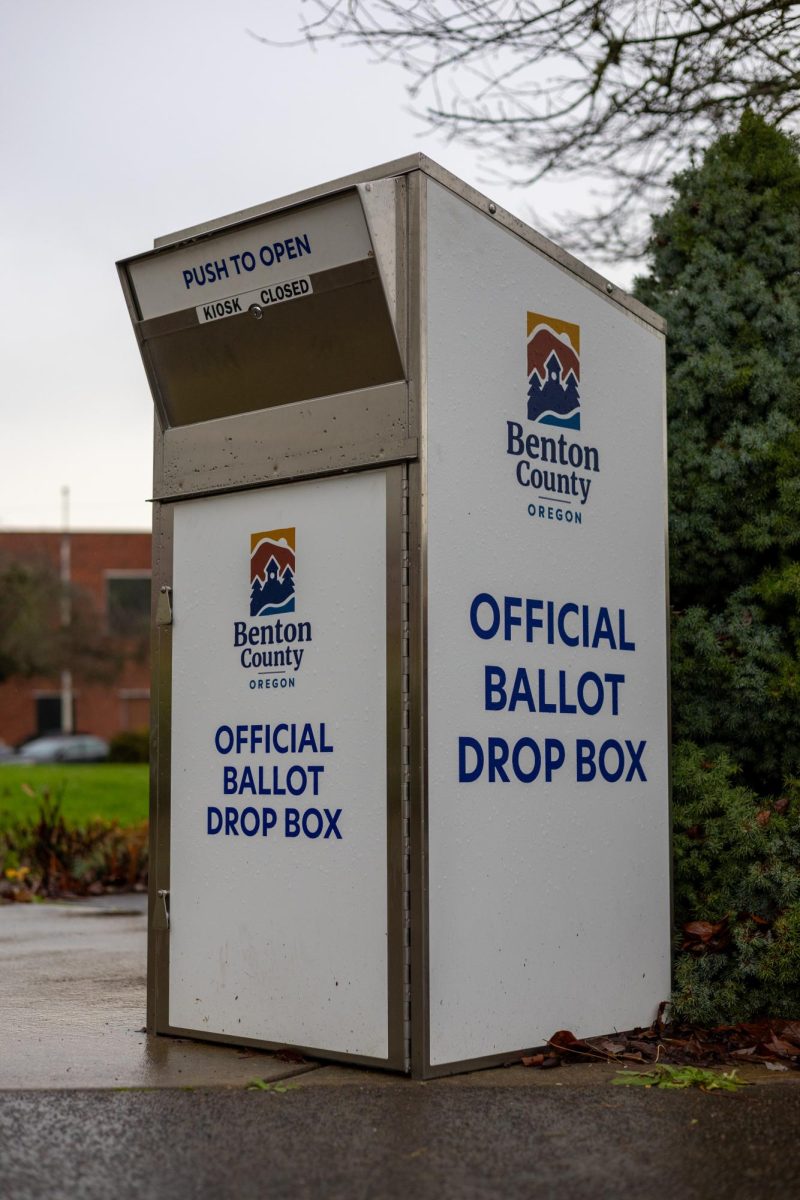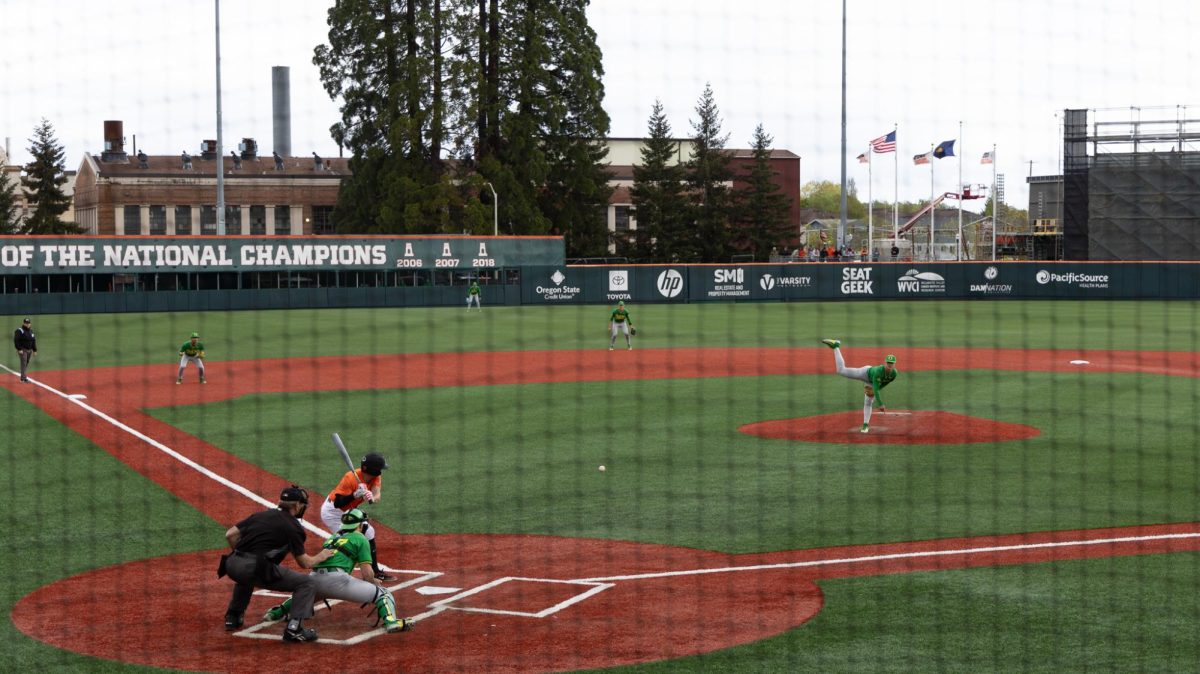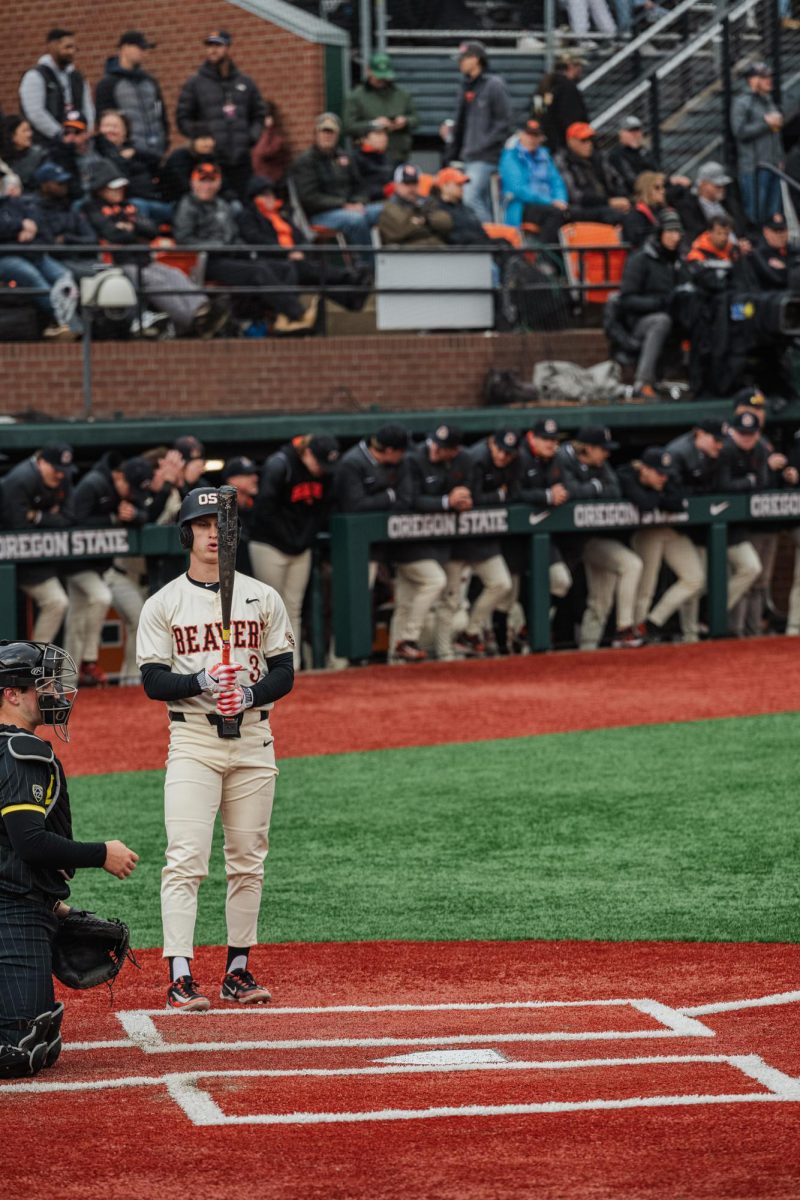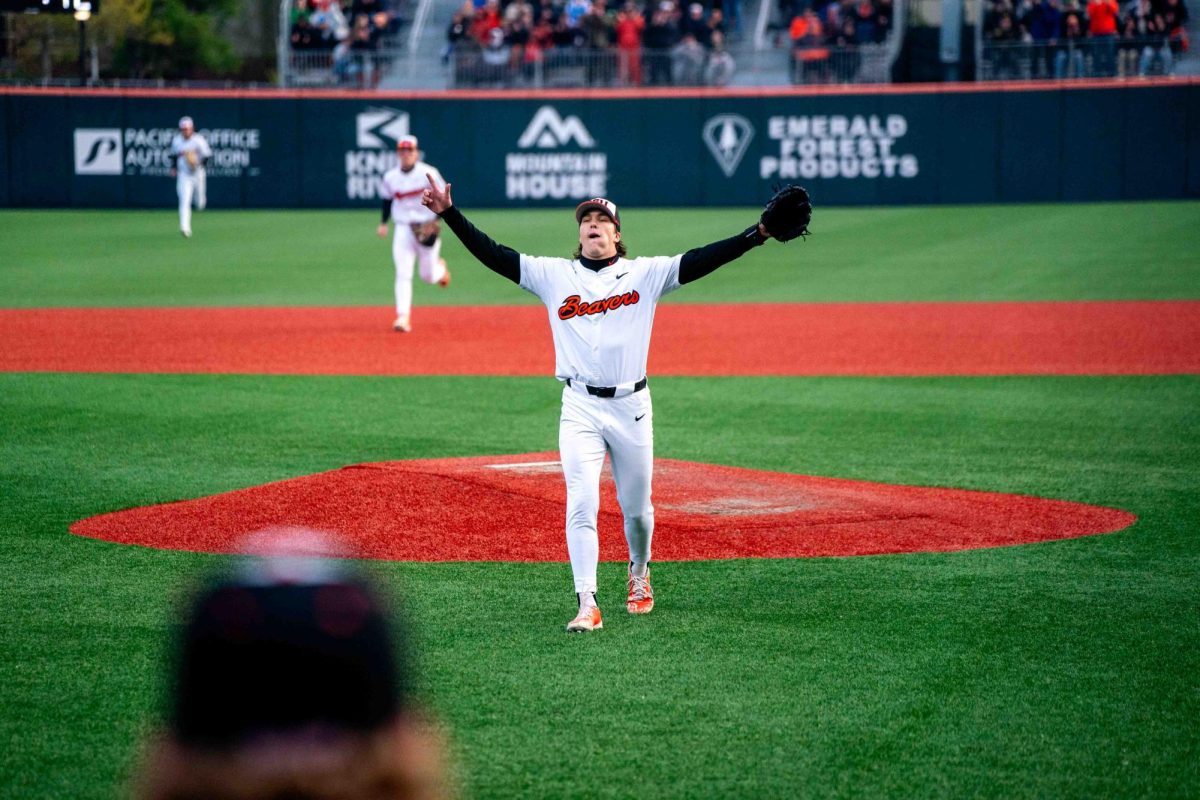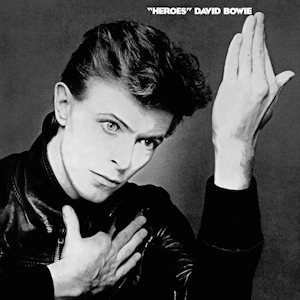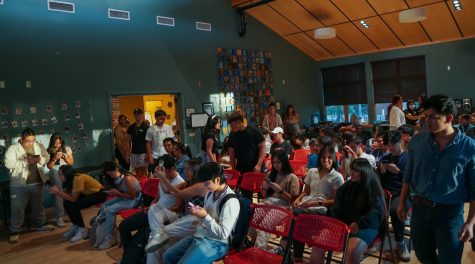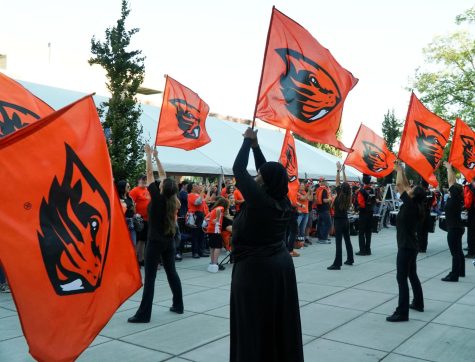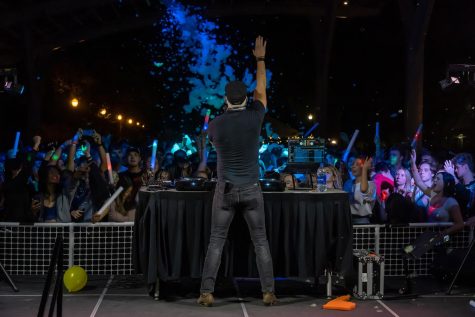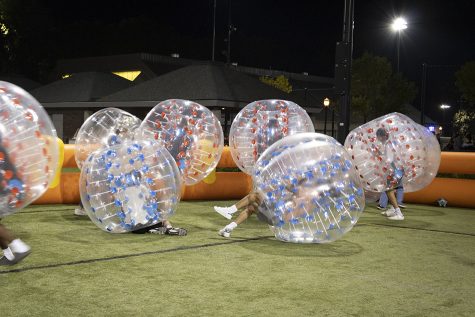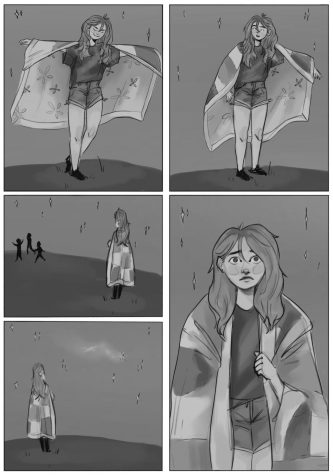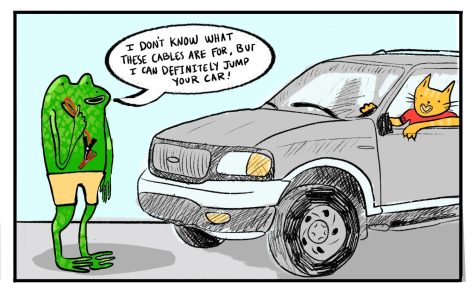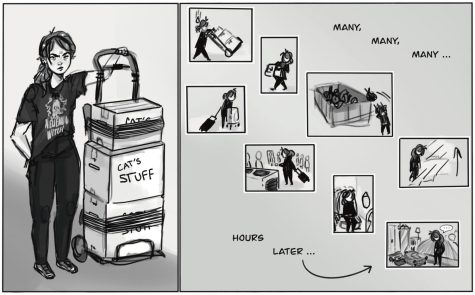The Stars Look Very Different Today: What Bowie Means to Me
January 11, 2016
I was getting ready for bed late Sunday night when my phone went off. I was tagged in something on Facebook. I absentmindedly looked at the notification, and realized I was reading the headline: “David Bowie has Died. He was 69.”
What?! I sat up in bed, instantly. This can’t be true.
I suddenly felt ill, my stomach and heart felt heavy.
I proceeded to check every online music journal I could for confirmation—not that it was true, but that this was a hoax.
It wasn’t. The iconic, legendary, David Bowie, is really gone.
The wound is still fresh, and I find myself teetering between denial and shock. I keep thinking that years from now, I’ll be asked “Where were you when news broke that Bowie passed away?” and how all this pain will come back.
How do I explain how gut wrenching and intense this loss was/is? Not only for me, but there’s an overbearing sense of collective grief emanating all over the world right now.
Over the course of nearly six decades, Bowie has become a universal icon, inspiration, and hero. He was a sexually liberated, culturally-shocking, sparkly-eyed visionary who paved the wave for all other “weirdos,” and who shaped us all in one way or another.
He helped shaped me as a person, a music journalist, as a creative being–he’s inspired and influenced generation after generation, and he will truly be missed.
David Bowie was so much more to me, and to many others, than just the many guises he wore— he was more than a musician, a style icon, a cult actor—he was validation that it was OK to be a little off, to be a little eccentric, to be different. He was family.
I remember clearly the first time I learned who David Bowie was. I was about eight, and it was Easter Sunday and I was upset about something, I was sitting at a table with tears streaming down my face, and, as I later learned, “Golden Years” was playing in the background.
My mother came over, crouched before me, and said, “Hey now, there’s no crying when Bowie is playing.”
“Who’s Bowie?” I looked up at her.
“Who’s Bowie?! Oh, Sammy. He’s only a music-God.” She smiled and picked up my little eight year old arms, and started to dance with me.
To this day, I look back at that memory with a heavy heart. David Bowie is the music of my childhood. I closely associate growing up with him, and with his music. Which is why I think I’m personally taking this so hard. I am on the cusp of graduating college, a new chapter in life, and I can’t help but feel that his passing is somehow associated with an end to my youth–my childhood.
This may sound silly to someone who doesn’t understand, but this is what music does. It helps shape our individual selves, styles,loves,losses–while at the same time–manages to bring together all sorts of people. There’s an intense personal power of music.
David Bowie’s music, whether I was listening behind closed doors, or in a group of people, helped me work through feelings, and sometimes when I felt just completely, and utterly lost, helped me feel safe, because, if nothing else, I had his music and words.
I would listen to “Space Oddity” on repeat, followed by “Heroes” and “The Man Who Sold The World–”
We all have a unique connections to the icon, we all have our personal stories of when we first heard that croon and prominent voice.
You don’t have to be a fellow music-freak, artist, or creative being to love Bowie, because the Lizard King, the Spaceman, Ziggy– he surpasses labels,age, sex, or class–you just have to have a heart, some sort of passion.
A part of who David Bowie was belongs to all of us, and it’s crazy to me to think of world where such an influence is no longer around.

